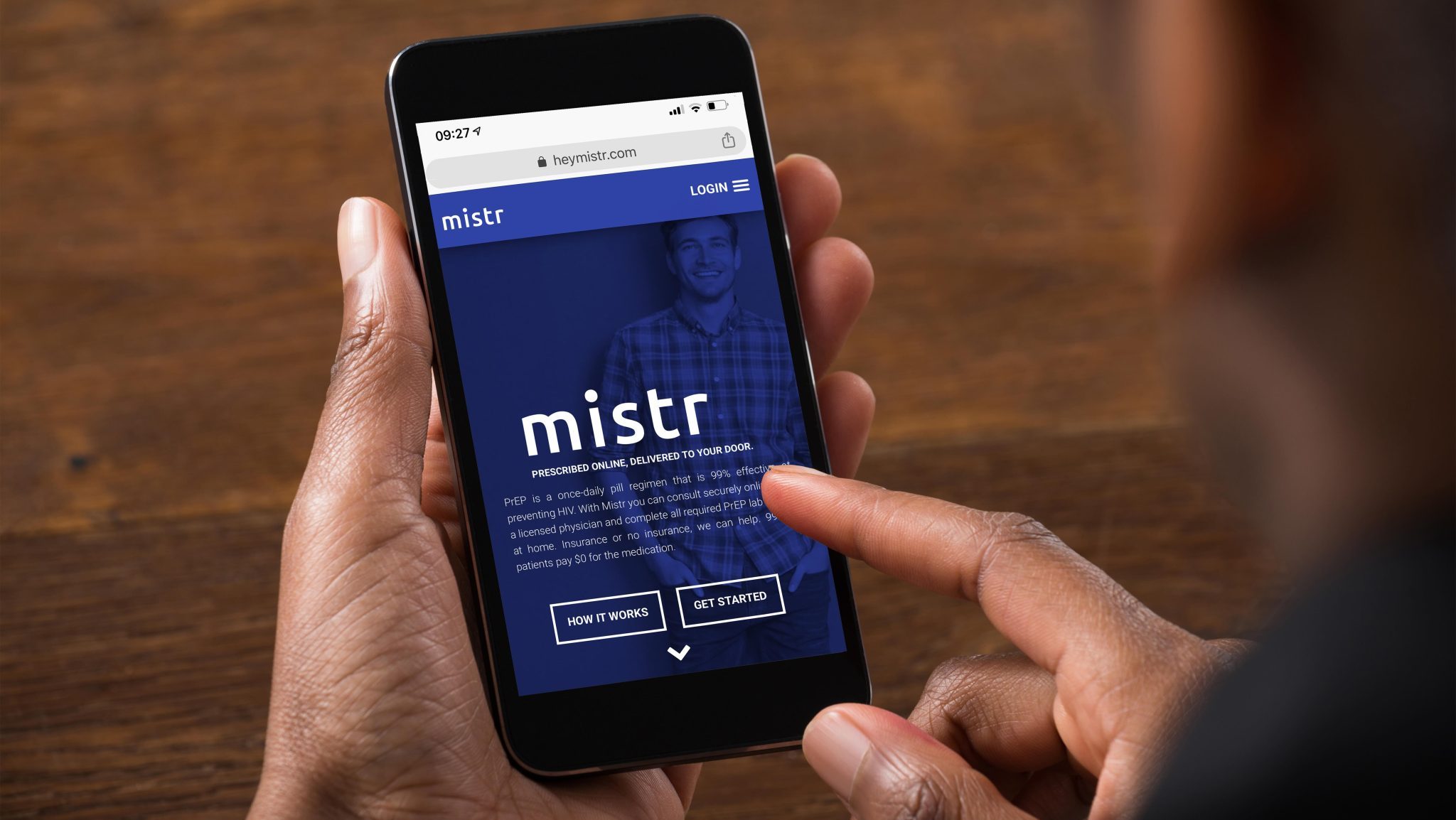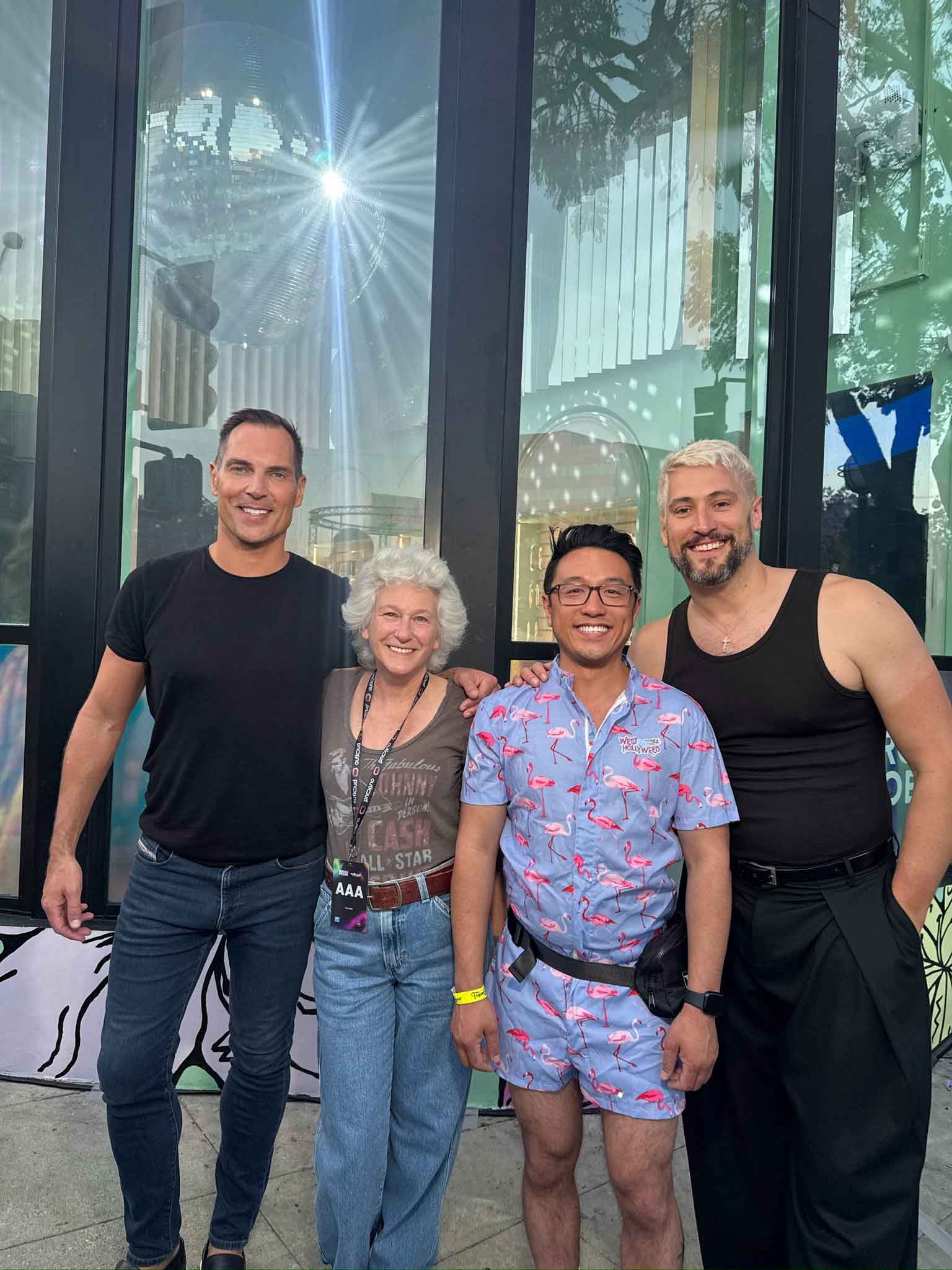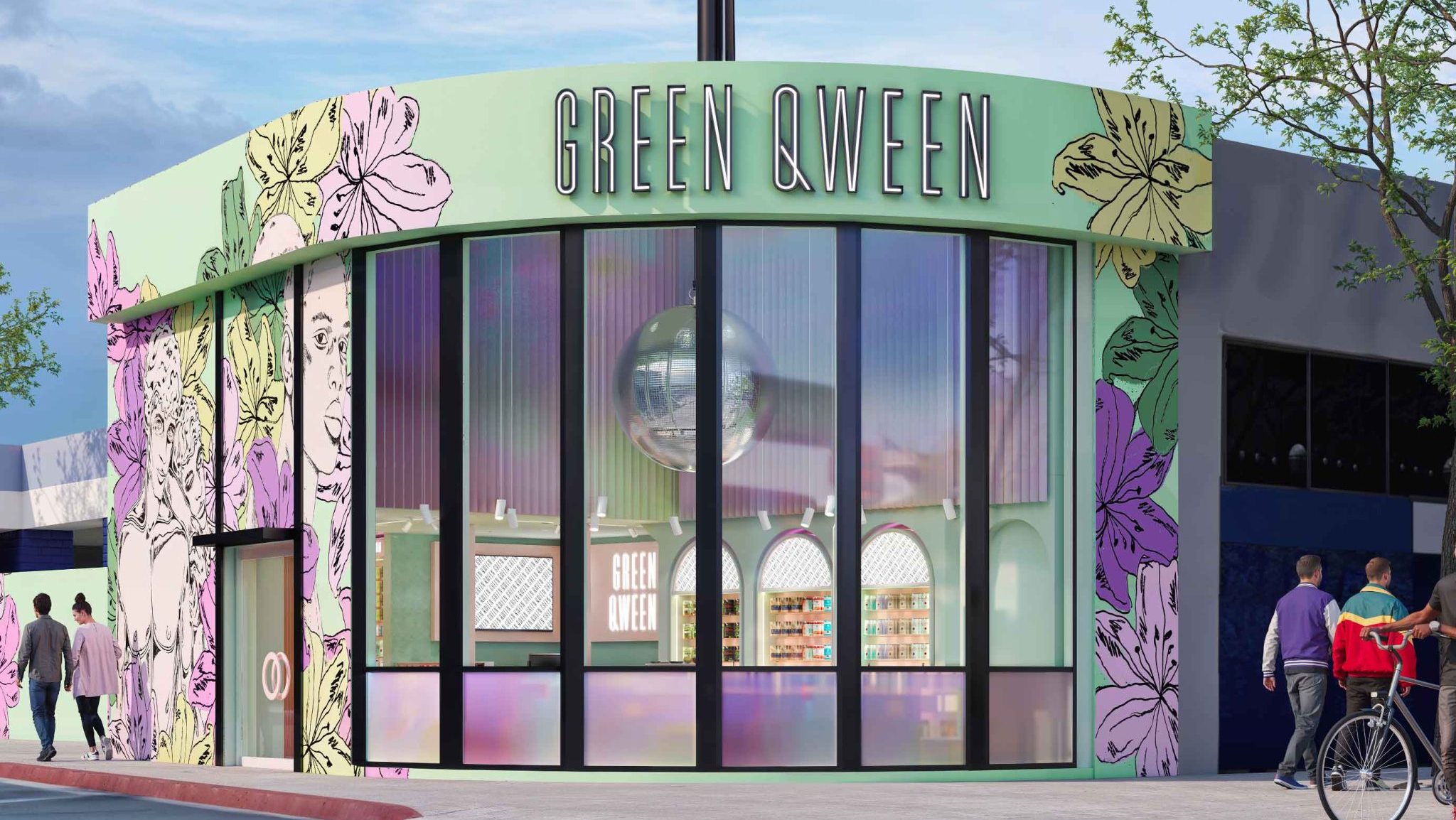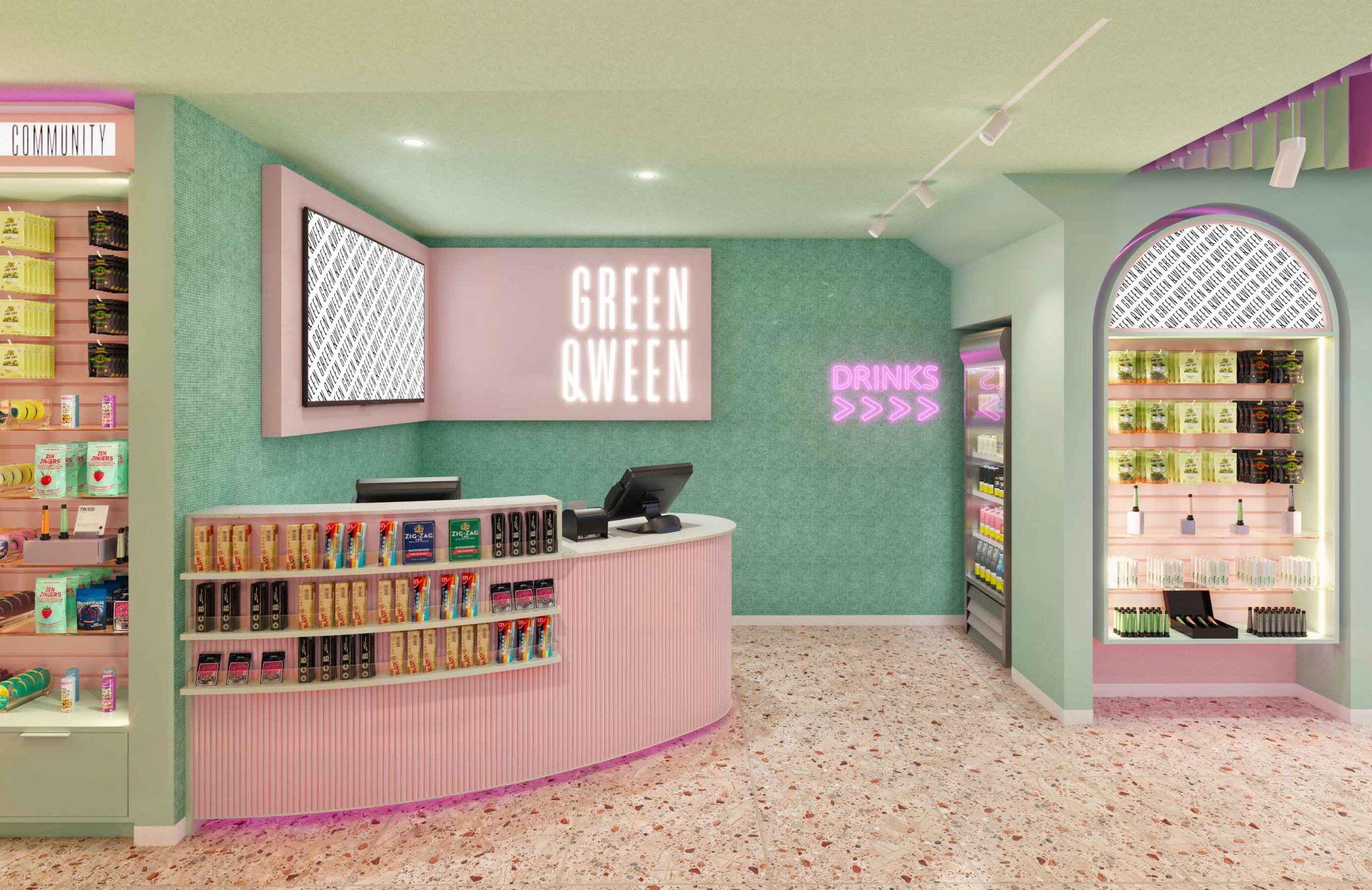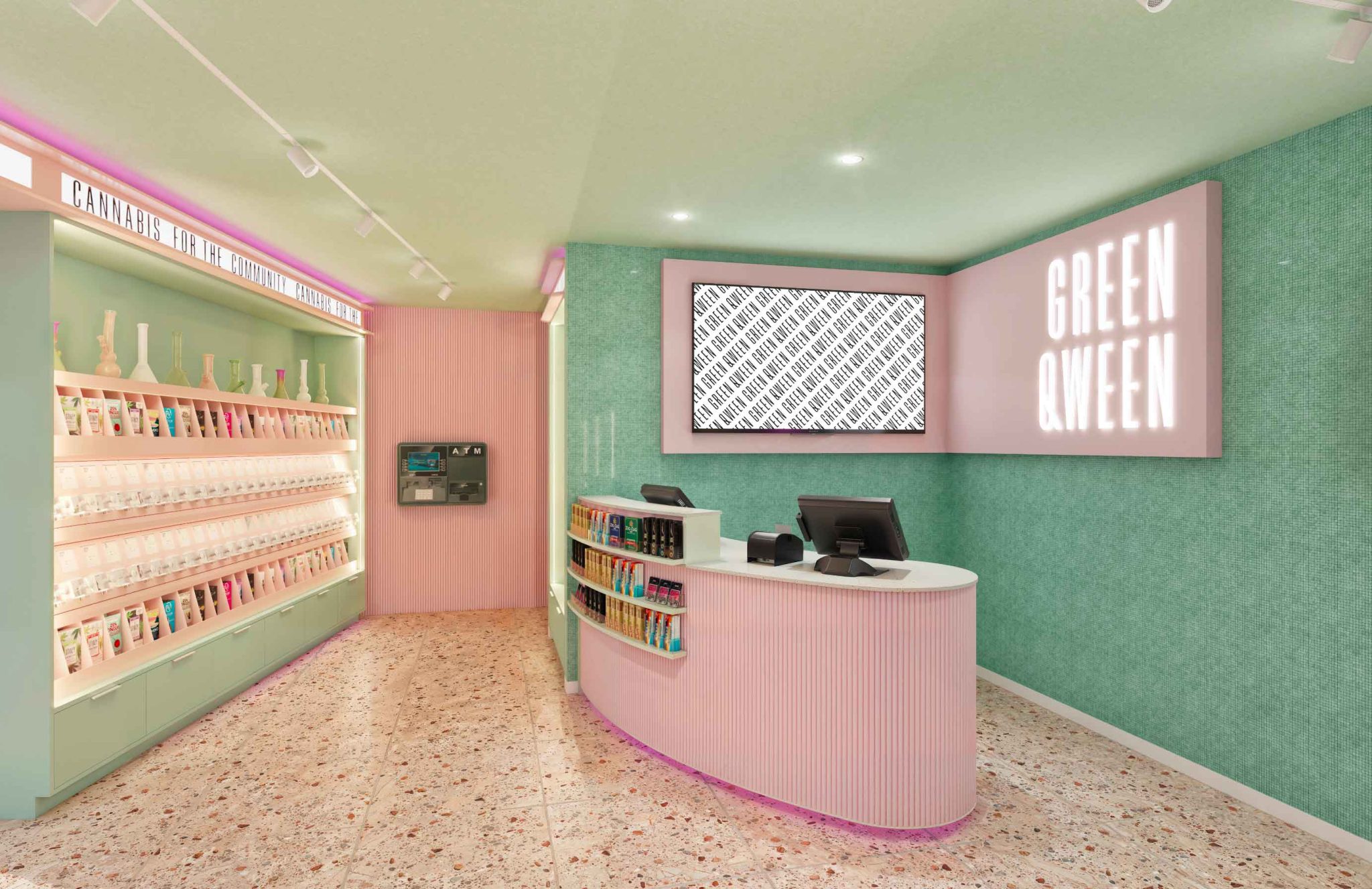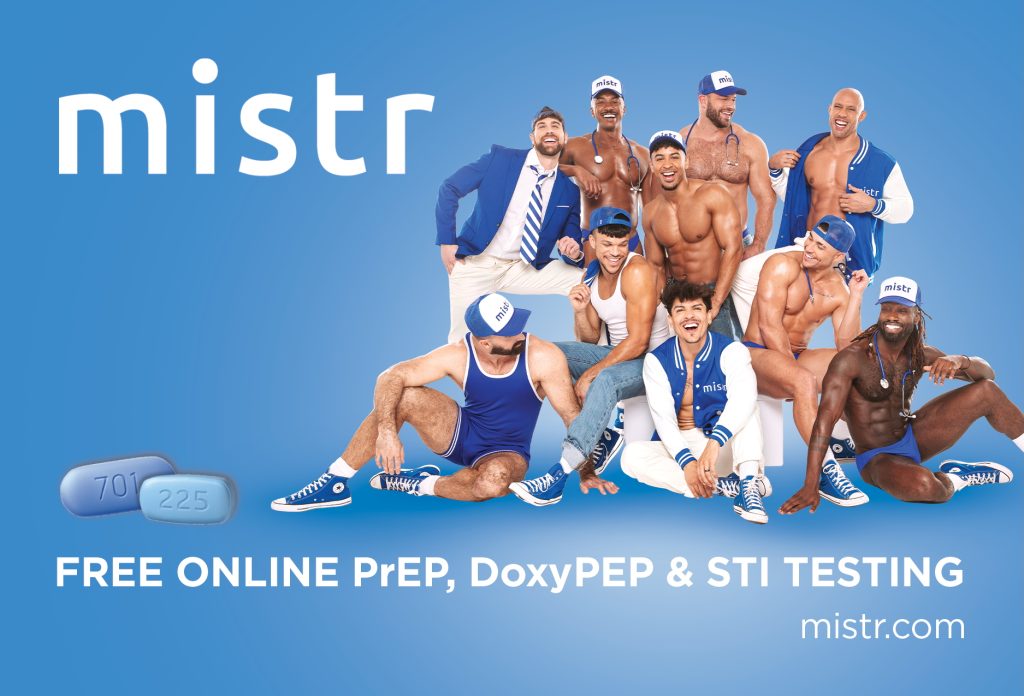Kesha lit up New York City with a magnetic, no-holds-barred performance at Madison Square Garden on July 23, bringing her “Tits Out” Tour to a glitter-drenched climax in support of her sixth studio album, Period.
The high-energy night was more than just a concert, it was a raucous, rainbow-colored spectacle of resilience, freedom, and sweaty, euphoric dancing. And if fans thought the chaos ended with the encore, they were mistaken: the real showstopper came at the after party.
An Unforgettable Night at Madison Square Garden
Kesha’s set was an unrelenting two-hour thrill ride packed with hits, deep cuts, and the kind of theatrical flair that only she can deliver. Backed by support from Scissor Sisters and a surprise appearance by the Vengaboys, Madison Square Garden transformed into a full-blown queer dance rave for one night only.
With confetti, lasers, and costume changes galore, Kesha belted out fan favorites like “TiK ToK,” “Blow,” and “We R Who We R” alongside raw, new anthems from Period, an album that marks her most personal and creatively liberated work to date. Every track was a declaration of self-love, artistic autonomy, and emotional catharsis.
A Condom Top and a Cause
While the MSG show was electric, the after party made headlines of its own. Kesha arrived at the official post-show bash at Madison Square Garden wearing a top made entirely of gold MAGNUM condoms. Yes, really.
View this post on Instagram
The after party, hosted by MISTR, a leading telehealth platform that offers free access to PrEP, DoxyPEP, and HIV care, was a bold celebration of sexual wellness and queer liberation. Kesha posed with the MISTR Boys in front of oversized PrEP pills and branded band-aids, highlighting injectable PrEP in the most dazzling way possible.
More than a stunt, the moment doubled as a message. With the support of MISTR CEO Tristan Schukraft, Kesha turned the event into a playful but powerful visual PSA about health, pleasure, and taking control, something that mirrors the themes of Period itself.

Party With a Purpose
The “Tits Out” Tour has been lauded for its immersive, chaotic energy and community-driven vibe. Fans don’t just watch the show, they become part of it, singing, sweating, and screaming through every beat. Kesha has created an experience that feels like a liberation ritual, and her NYC stop was a shining example of why this tour is so much more than a nostalgia trip.
It’s camp. It’s catharsis. It’s condoms and confetti. And at the heart of it all, it’s Kesha, finally in full control, and looking damn good doing it.














